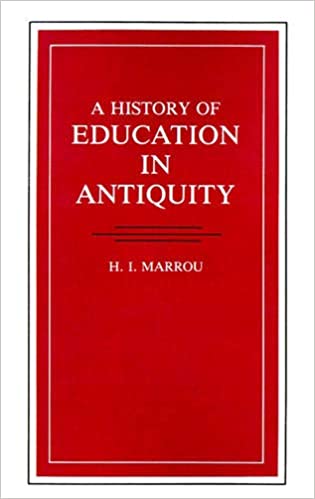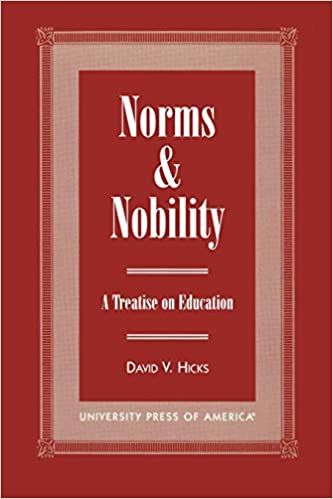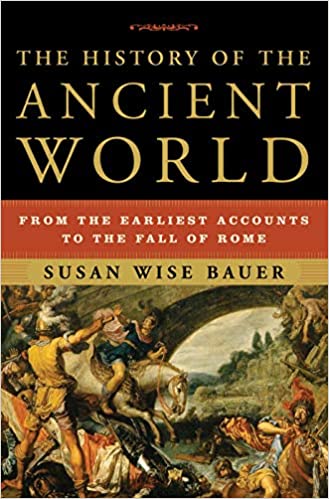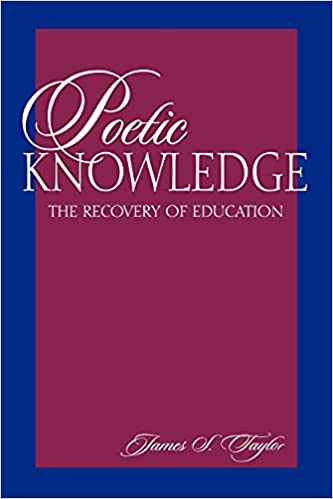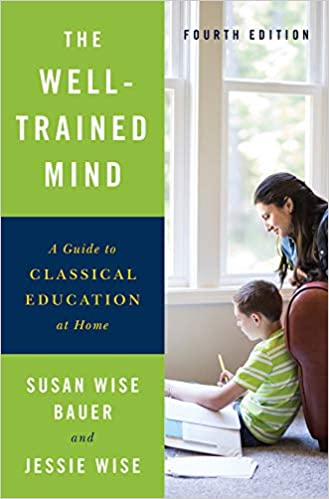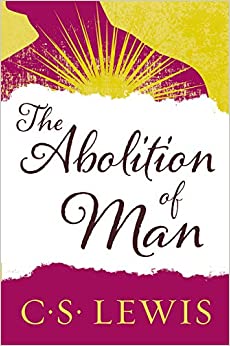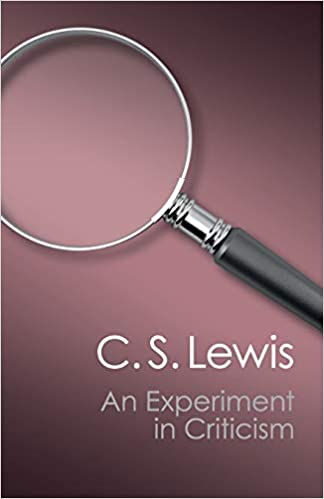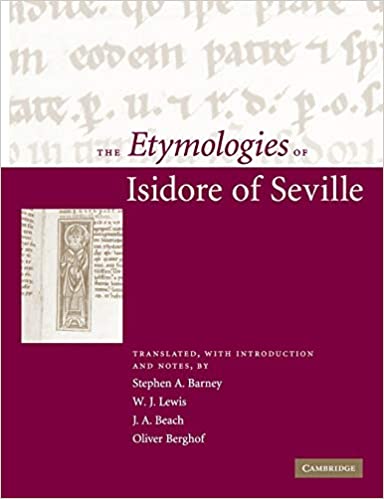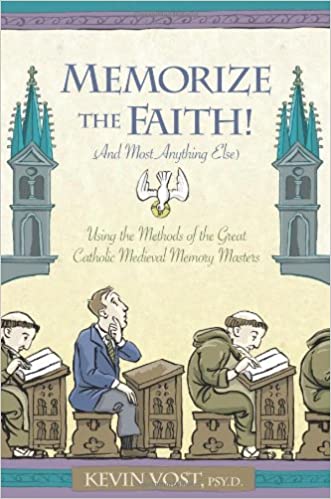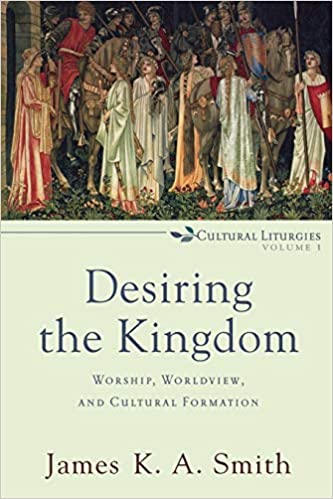A History of Education in Antiquity
H. I. Marrou’s A History of Education in Antiquity has been an invaluable contribution in the fields of classical studies and history ever since its original publication in French in 1948. French historian H. I. Marrou traces the roots of classical education, from the warrior cultures of Homer, to the increasing importance of rhetoric and philosophy, to the adaptation of Hellenistic ideals within the Roman education system, and ending with the rise of Christian schools and churches in the early medieval period. Marrou shows how education, once formed as a way to train young warriors, eventually became increasingly philosophical and secularized as Christianity took hold in the Roman Empire. Through his examination of the transformation of Greco-Roman education, Marrou is able to create a better understanding of these cultures.
More info →Norms and Nobility: A Treatise on Education
A reissue of a classic text, Norms and Nobility is a provocative reappraisal of classical education that offers a workable program for contemporary school reform. David Hicks contends that the classical tradition promotes a spirit of inquiry that is concerned with the development of style and conscience, which makes it an effective and meaningful form of education. Dismissing notions that classical education is elitist and irrelevant, Hicks argues that the classical tradition can meet the needs of our increasingly technological society as well as serve as a feasible model for mass education.
More info →The History of the Ancient World: From the Earliest Accounts to the Fall of Rome
A lively and engaging narrative history showing the common threads in the cultures that gave birth to our own.
This is the first volume in a bold new series that tells the stories of all peoples, connecting historical events from Europe to the Middle East to the far coast of China, while still giving weight to the characteristics of each country. Susan Wise Bauer provides both sweeping scope and vivid attention to the individual lives that give flesh to abstract assertions about human history.
Dozens of maps provide a clear geography of great events, while timelines give the reader an ongoing sense of the passage of years and cultural interconnection. This old-fashioned narrative history employs the methods of “history from beneath”―literature, epic traditions, private letters and accounts―to connect kings and leaders with the lives of those they ruled. The result is an engrossing tapestry of human behavior from which we may draw conclusions about the direction of world events and the causes behind them.
13 illustrations, 80 maps
More info →Poetic Knowledge
Reveals the neglected mode of knowing and learning, from Socrates to the middle ages and beyond, that relies more on the integrated powers of sensory experience and intuition, rather than on modern narrow scientific models of education.
More info →The Well-Trained Mind: A Guide to Classical Education at Home
From Amazon:
"The Well-Trained Mind will instruct you, step by step, on how to give your child an academically rigorous, comprehensive education from preschool through high school―one that will train him or her to read, to think, to understand, to be well-rounded and curious about learning. Veteran home educators Susan Wise Bauer and Jessie Wise outline the classical pattern of education called the trivium, which organizes learning around the maturing capacity of the child’s mind and comprises three stages: the elementary school “grammar stage,” when the building blocks of information are absorbed through memorization and rules; the middle school “logic stage,” in which the student begins to think more analytically; and the high-school “rhetoric stage,” where the student learns to write and speak with force and originality. Using this theory as your model, you’ll be able to instruct your child―whether full-time or as a supplement to classroom education―in all levels of reading, writing, history, geography, mathematics, science, foreign languages, rhetoric, logic, art, and music, regardless of your own aptitude in those subjects."
More info →The Abolition of Man
From Amazon: "In the classic The Abolition of Man, C.S. Lewis, the most important Christian writer of the 20th century, sets out to persuade his audience of the importance and relevance of universal values such as courage and honor in contemporary society. Both astonishing and prophetic, The Abolition of Man is one of the most debated of Lewis's extraordinary works. National Review chose it as number seven on their 100 Best Nonfiction Books of the Twentieth Century."
More info →An Experiment in Criticism
Why do we read literature and how do we judge it? C. S. Lewis's classic An Experiment in Criticism springs from the conviction that literature exists for the joy of the reader and that books should be judged by the kind of reading they invite. He argues that "good reading," like moral action or religious experience, involves surrender to the work in hand and a process of entering fully into the opinions of others: "in reading great literature I become a thousand men and yet remain myself." Crucial to his notion of judging literature is a commitment to laying aside expectations and values extraneous to the work, in order to approach it with an open mind. Amid the complex welter of current critical theories, C. S. Lewis's wisdom is valuably down-to-earth, refreshing and stimulating in the questions it raises about the experience of reading.
More info →The Metalogicon of John of Salisbury
2015 Reprint of 1962 Edition. Full facsimile of the original edition. Not reproduced with Optical Recognition Software. "The Metalogicon", completed in 1159, is recognized as a milestone in the history of educational theory. Undertaken to defend the thorough study of the Trivium against attack at the hands of those who wished less attention accorded to grammar, logic, and rhetoric, it is a treasure of information about twelfth-century pedagogy as well as an enduring classic in its own right. John of Salisbury, a leading medieval scholar, summarizes the essential lineaments of existing twelfth-century education and affords glimpses of contemporaries such as Peter Abelard, Gilbert de la Porree, and Theirry of Chartres. The present translation is the first to appear in any modern language.
More info →The Etymologies of Isidore of Seville
This work is a complete English translation of the Latin Etymologies of Isidore, Bishop of Seville (c.560–636). Isidore compiled the work between c.615 and the early 630s and it takes the form of an encyclopedia, arranged by subject matter. It contains much lore of the late classical world beginning with the Seven Liberal Arts, including Rhetoric, and touches on thousands of topics ranging from the names of God, the terminology of the Law, the technologies of fabrics, ships and agriculture to the names of cities and rivers, the theatrical arts, and cooking utensils. Isidore provides etymologies for most of the terms he explains, finding in the causes of words the underlying key to their meaning. This book offers a highly readable translation of the twenty books of the Etymologies, one of the most widely known texts for a thousand years from Isidore's time.
More info →Cicero: On the Orator
From Amazon: "Cicero (Marcus Tullius, 106–43 BCE), Roman lawyer, orator, politician and philosopher, of whom we know more than of any other Roman, lived through the stirring era which saw the rise, dictatorship, and death of Julius Caesar in a tottering republic. In his political speeches especially and in his correspondence we see the excitement, tension and intrigue of politics and the part he played in the turmoil of the time. Of about 106 speeches, delivered before the Roman people or the Senate if they were political, before jurors if judicial, 58 survive (a few of them incompletely). In the fourteenth century Petrarch and other Italian humanists discovered manuscripts containing more than 900 letters of which more than 800 were written by Cicero and nearly 100 by others to him. These afford a revelation of the man all the more striking because most were not written for publication. Six rhetorical works survive and another in fragments. Philosophical works include seven extant major compositions and a number of others; and some lost. There is also poetry, some original, some as translations from the Greek."
More info →Memorize the Faith! (and Most Anything Else)
Yes, I know that memorizing the Faith is no substitute for living a holy life, but even devout people can t live by truths and precepts they don t remember.
That s why, over 700 years ago, St. Thomas Aquinas perfected an easy method for his students to memorize most any information, but especially the truths taught by Christ and His Church.
As the years passed, our need for this ancient art of memorization grew, yet somehow our culture largely forgot it . . . which is why today, when you and I try to remember a list of things, we have to repeat their names over and over. Or, to remember to call the dentist, we tie a string on our finger. And we clutch at any means whatsoever to recall our passwords for ATMs, credit cards, and voicemail, our login names for Yahoo, eBay, and Amazon, and the host of other names and numbers that clog our minds and clutter our days.
Now, thanks to the delightful pages of Memorize the Faith!, you can easily keep all these in mind and learn the Faith! by tapping into the power of the classical memory system that helped St. Thomas become the Church s preeminent theologian, and made it easier for him to become one of its greatest saints.
Here, Catholic scholar Kevin Vost makes available again Aquinas s easy-to-learn method the method Dr. Vost himself has used for decades to recall names, dates, phone numbers, the first dozen digits of pi (3.141592653589) and even whether, when his wife called him at work today, she asked him to bring home ice cream and toffee . . . or was it truffles and coffee?
Indeed, Dr. Vost will teach you to remember virtually anything, but he devotes most of his book to showing you how to improve your memory of Catholic truths so you can live the Faith better.
By the time you finish this book, you will have memorized dozens of key teachings of the Church, along with hundreds of precepts, traditions, theological terms, Scripture verses, and other elements of the Faith that every good Catholic needs to know by heart.
Memory is the foundation of wisdom. It makes holiness easier. To grow wiser in the Faith . . . and holier . . . turn to Memorize the Faith! today.
More info →Desiring the Kingdom: Worship, Worldview, and Cultural Formation (Cultural Liturgies)
Malls, stadiums, and universities are actually liturgical structures that influence and shape our thoughts and affections. Humans-as Augustine noted-are "desiring agents," full of longings and passions; in brief, we are what we love. James K. A. Smith focuses on the themes of liturgy and desire in Desiring the Kingdom, the first book in what will be a three-volume set on the theology of culture. He redirects our yearnings to focus on the greatest good: God. Ultimately, Smith seeks to re-vision education through the process and practice of worship. Students of philosophy, theology, worldview, and culture will welcome Desiring the Kingdom, as will those involved in ministry and other interested readers.
More info →
